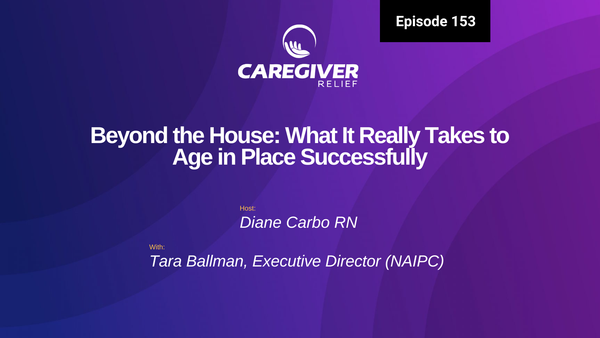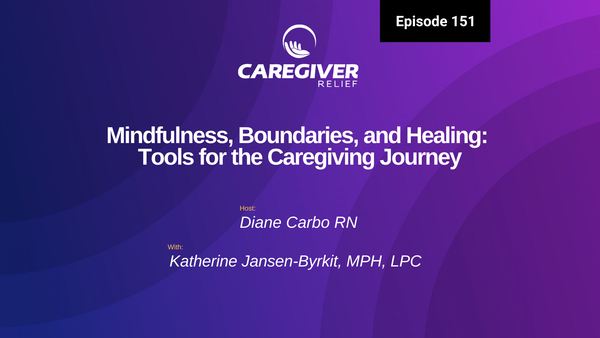Music and Memory: The Healing Power of Personalized Music with Justin Russo - Episode 90
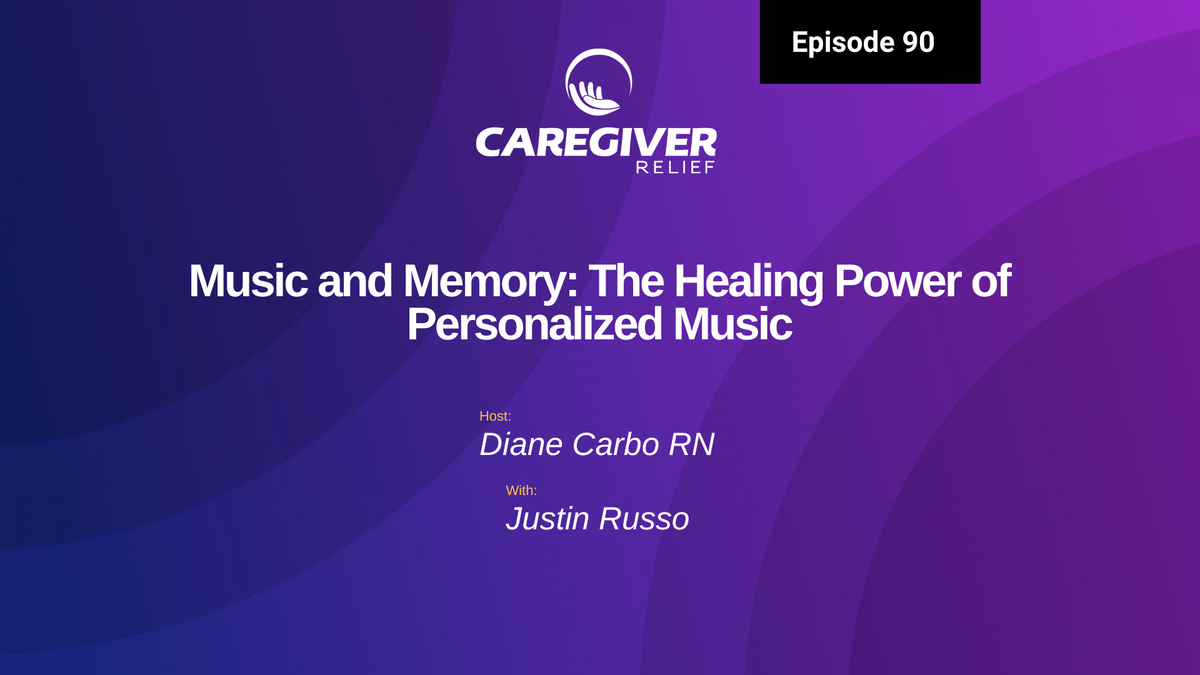
🎉 This week, we're diving into the remarkable world of "Music and Memory: The Healing Power of Personalized Music with Justin Russo."
About the Episode
In this episode, host Diane Carbo, RN, sits down with Justin Russo, the director of programming at the Institute for Music and Neurologic Function. Justin also oversees the globally recognized Music & Memory certification program, which uses personalized music as a therapeutic tool for individuals with dementia and other cognitive impairments.
Justin and Diane explore the profound connection between music and memory, discussing the neuroscience behind music's effect on the brain and how personalized music can be a powerful tool in dementia care. They share personal anecdotes, including stories of a loved one's musical memories and the universal language of music.
Key Takeaways
- The Power of Personalized Playlists: Favorite music becomes embedded in our brains and stays with us our entire lives. For individuals with dementia, hearing the right music can tap into the brain's emotional memory system, bringing them into the present moment.
- Music as a Therapeutic Tool: Personalized music can be used proactively to achieve specific therapeutic benefits. These can include boosting mood, reducing agitation and distress, and supporting activities of daily living (ADLs). It can also help with transitioning between environments, improving sleep, and supporting nutrition during meal times.
- The "Music Detective" Process: Caregivers can become "music detectives" to find an individual's favorite songs. This involves having musical conversations, sampling songs, and asking questions like, "What was your wedding song?" or "What radio stations did you listen to?". The goal is to create a playlist that evokes memories and triggers cognition.
- Benefits for Caregivers: For family caregivers at home, personalized music is an excellent non-pharmacological alternative for managing challenging behaviors. It can also serve as a respite tool, giving caregivers a much-needed break while their loved one is safely engaged and happy.
- Beyond Dementia: While the Music & Memory program is well-known for its work with dementia, music therapy can also be beneficial for other conditions, such as Parkinson's, aphasia, and chronic pain. For complex cases, it’s recommended to consult with a board-certified music therapist.
How to Get Involved
- For Family Caregivers: It's never too early to start creating a personalized music playlist for a loved one. The Music & Memory program offers a free guide on their website to help families through this process. You can also contact them for additional guidance and support.
- For Facilities: The Music & Memory program trains interdisciplinary teams, including nurses and CNAs, to make personalized music a normal part of care. Families can respectfully advocate for the program to be part of their loved one's care plan.
Don't miss this inspiring and informative episode! Tune in to learn how music can heal, connect, and bring moments of joy to the caregiving journey. ✨
Caring for a loved one can be overwhelming — but you're not alone. If you have questions, big or small, our expert team is here to help.
👉 Click here to Ask the Expert
Our Resource section can help you find the information and tools that you need. We have courses, videos, checklists, guidebooks, cheat sheets, how-to guides and more.
You can get started by clicking on the link below. We know that taking care of a loved one is hard work, but with our help you can get the support that you need.
Click here to go to Resource Section now!
You might also like this article:
